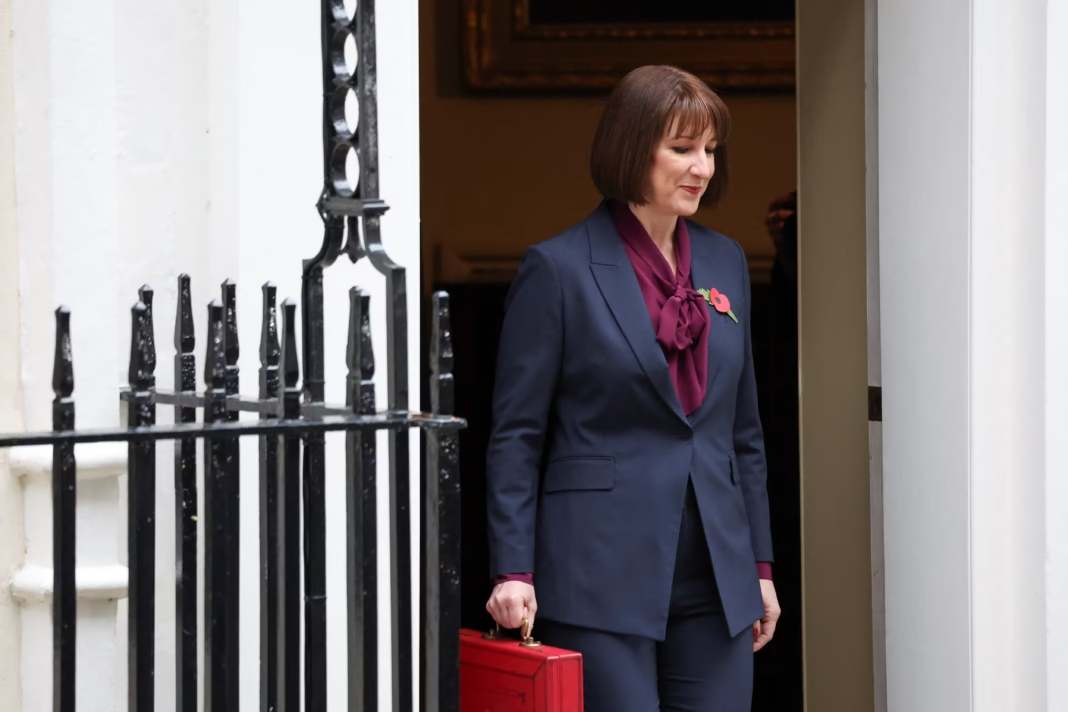Chancellor Rachel Reeves is actively seeking to build greater UK fiscal headroom in her November budget. This effort aims to insulate the nation’s economy from volatile government bond markets. Reeves currently operates with a historically narrow financial safety margin. Consequently, she faces persistent speculation about breaching her own fiscal rules. Building a larger buffer could dampen this damaging market uncertainty.
The Chancellor hopes more UK fiscal headroom will stabilize borrowing costs. Treasury sources confirm both tax increases and spending cuts are under consideration. However, another tax-raising budget presents a difficult political challenge. Voters already faced a £40 billion annual tax package last year. The governing party now trails behind Reform UK in recent opinion polls.
Independent forecasts have already worsened the financial outlook significantly. The Office for Budget Responsibility (OBR) expects weaker productivity and growth. This change alone creates a £10–20 billion annual shortfall since spring. Additional costs from reversed welfare changes add another £6 billion. Therefore, the Chancellor must first fill this gap before creating any new headroom.
Think tank experts support the goal of more UK fiscal headroom. The Resolution Foundation director called the current sub-£10 billion margin “slim.” She noted typical forecast variations can reach £17 billion. A larger buffer would reduce chances of needing further tax rises next year. Nevertheless, achieving this requires politically tough choices now.
Reeves has firmly ruled out breaking key manifesto pledges on major taxes. She will not raise main rates of income tax, National Insurance, or VAT. Instead, the budget will likely target perceived distortions within the tax system. Potential measures include taxing landlords’ rental profits and reforming capital gains tax. An increase on gambling taxes is also under serious consideration.
The government’s interest costs highlight the stakes involved. The UK now spends £110 billion annually just on debt interest payments. Even small market movements therefore carry a heavy price tag. Former Treasury official David Gauke suggested Reeves needs £20–30 billion in headroom. He warned, however, that achieving this would be a “big leap into an icy pool.”
Market pressures are already evident through rising bond yields. Yields on 10-year UK government bonds have increased since the election. Treasury sources blame global instability for these movements. Analysts, however, also cite concerns about Britain’s specific fiscal outlook. They warn that market sentiment could turn rapidly without a credible budget plan.
The Institute for Fiscal Studies (IFS) suggests the current cycle is unsustainable. Adjusting policy twice yearly for routine forecast changes is not sensible. The problem stems from operating with minimal headroom against strict rules. The upcoming budget presents a critical opportunity to break this pattern.
For more business updates, visit London Pulse News.


